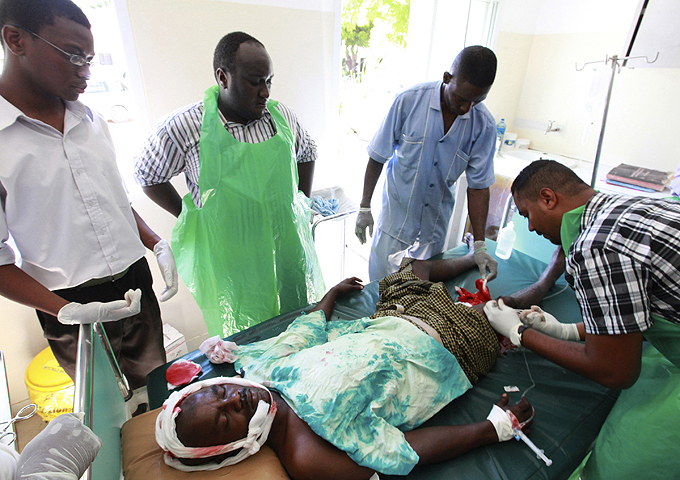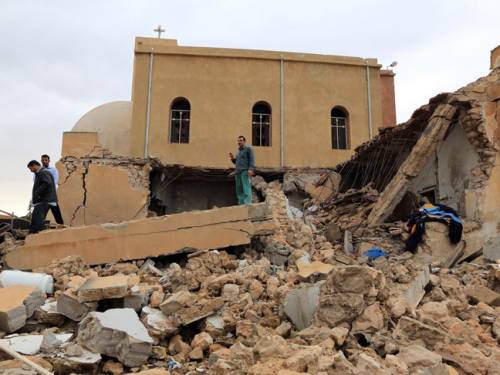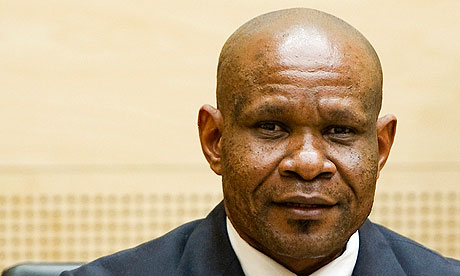By Heba Girgis
Impunity Watch Reporter, Africa
NAIROBI, Kenya—Today, Wednesday January 9, 2012, eight Kenyans were killed when armed raiders attacked a village in Kenya’s coastal province. The police said that it was politically instigated fighting that has been linked to the upcoming elections. These raiders were armed not only with guns but also with machetes and arrows. The Pokomo farmers attacked a tribe of semi-nomadic Orma pastoralists. Disputes between these groups have endured since August 2012 over grazing land and water. In August, over 100 people were killed in raids and revenge attacks.

The Pokomo tribe raiders attacked a Nduru village in the Tana delta (home of the Ormas) and killed one woman and four men. In their defense, the Ormas killed two of the attackers and one other Orma died on the way to the hospital. Red Cross coordinator, Mwanaisha Hamisi, said, “Many of them were bleeding from gunshot wounds and cuts and we had to administer first aid as we carried them to the hospital.”
In the August attacks, over 400 animals were killed and houses were torched requiring the President to impose a curfew in that area. The victims were attacked with machetes and burned to death as the two tribes fought one another over the Orma-owned cattle grazing on land that the Pokomo claim as theirs. All of this took place as the inspector general of the police force, David Kimaiyo, requested a meeting in Nairobi to come with new strategies to address this violence which has left over 150 people dead.
The regional police chief, Affrey Adoli, told reporters, “We have names of several politicians, business people and local elites who we believe have been and are still funding attacks in the Tana. They are using grazing land and water as excuses.” “When we arrest them, they will tell us how and where they are acquiring illegal firearms and other weapons to arm these locals,” Adoli continued.
President Mwai Kibaki, has now ordered a judicial commission to review options on how to end this fighting and deadly violence. These outbreaks of violence, while claimed to be about land rights, have also raised concerns over security and police capacity for the upcoming elections on March 4. Five years ago, the elections ended with deadly post-poll killings and violence that tore apart Kenya’s prior image as being a beacon of regional stability and peace. The elections in March of this year, will determine the presidency, parliament, and regional posts and councils.
For further information, please see:
ABC News – Tribal Clash Kills 7; Police Blame Politics – 9 January 2013
Al Jazeera – Several Killed in Kenya Coastal Violence – 9 January 2013
Reuters – Eight Killed in Kenya Raid, Police See Political Hand – 9 January 2013
Standard Digital News – Tana Attack Death Toll Reaches Nine – 9 January 2013



